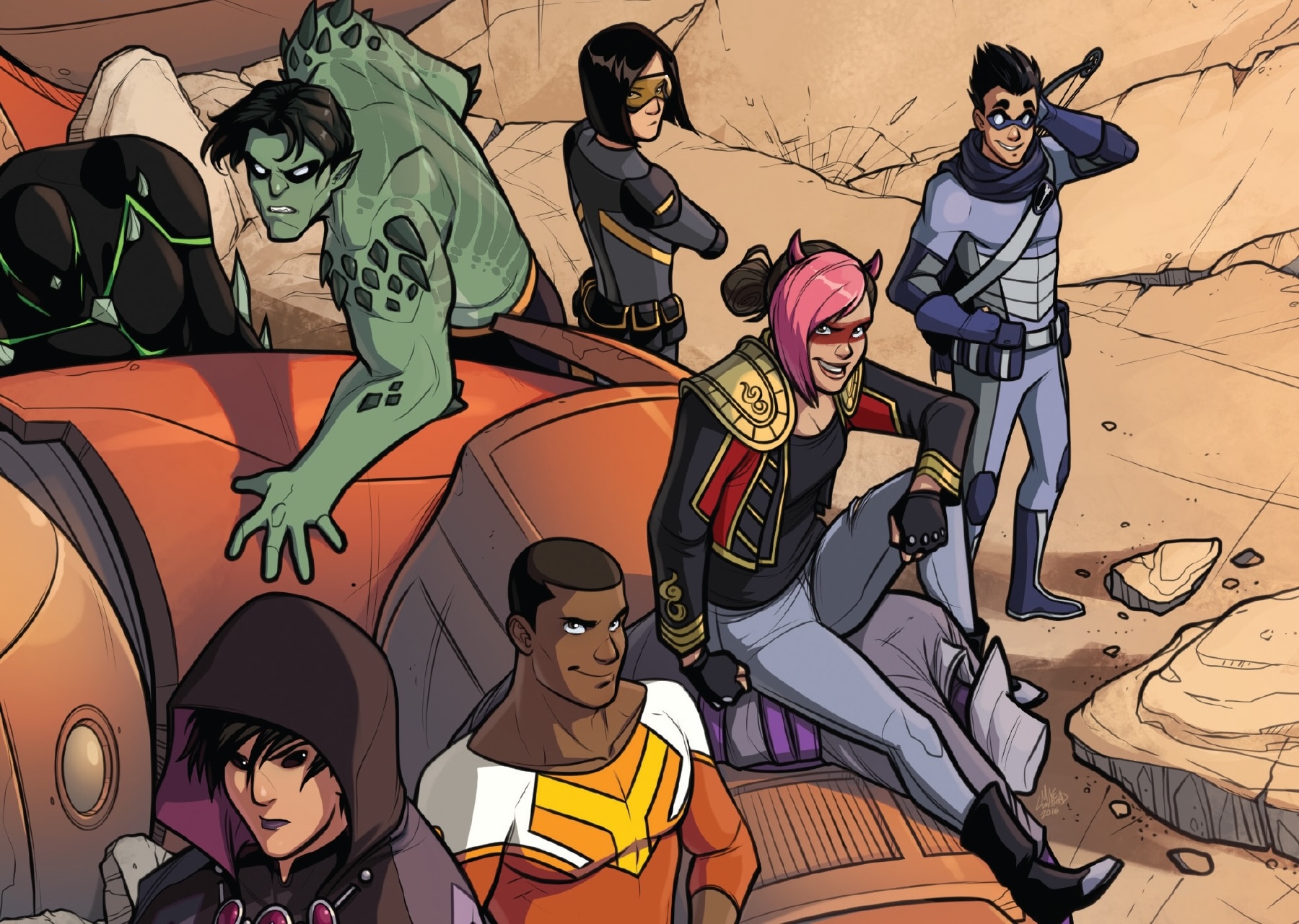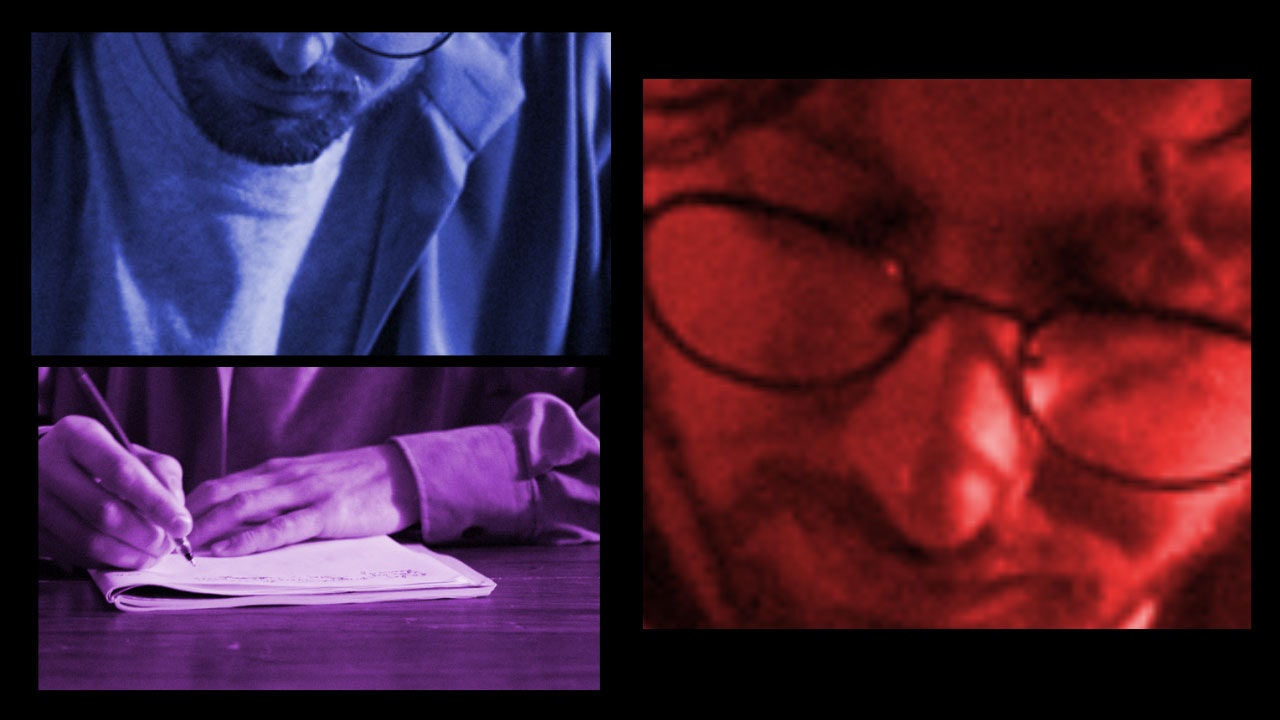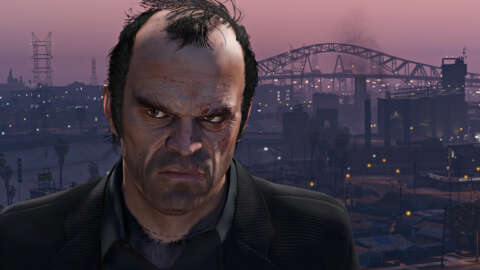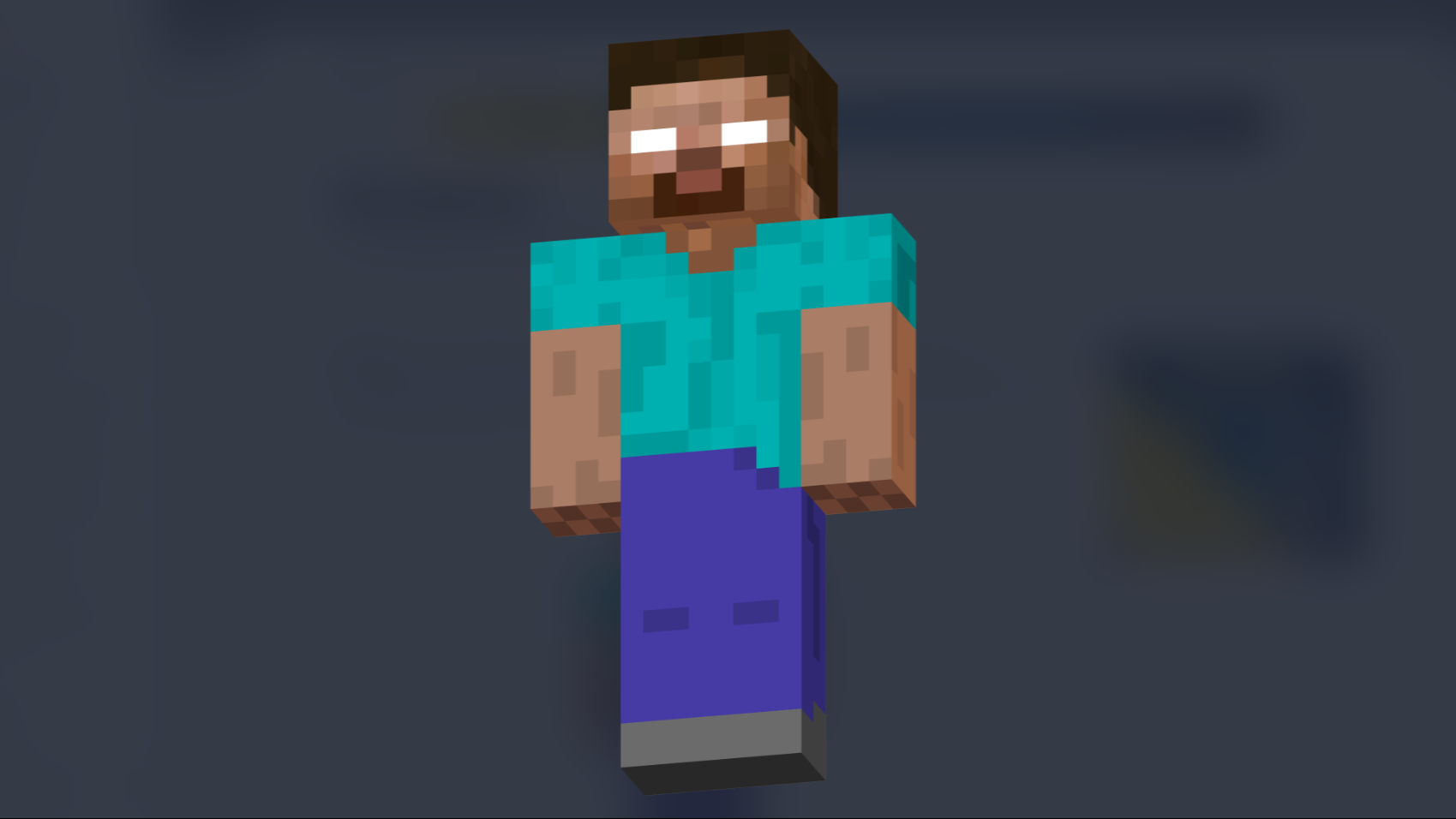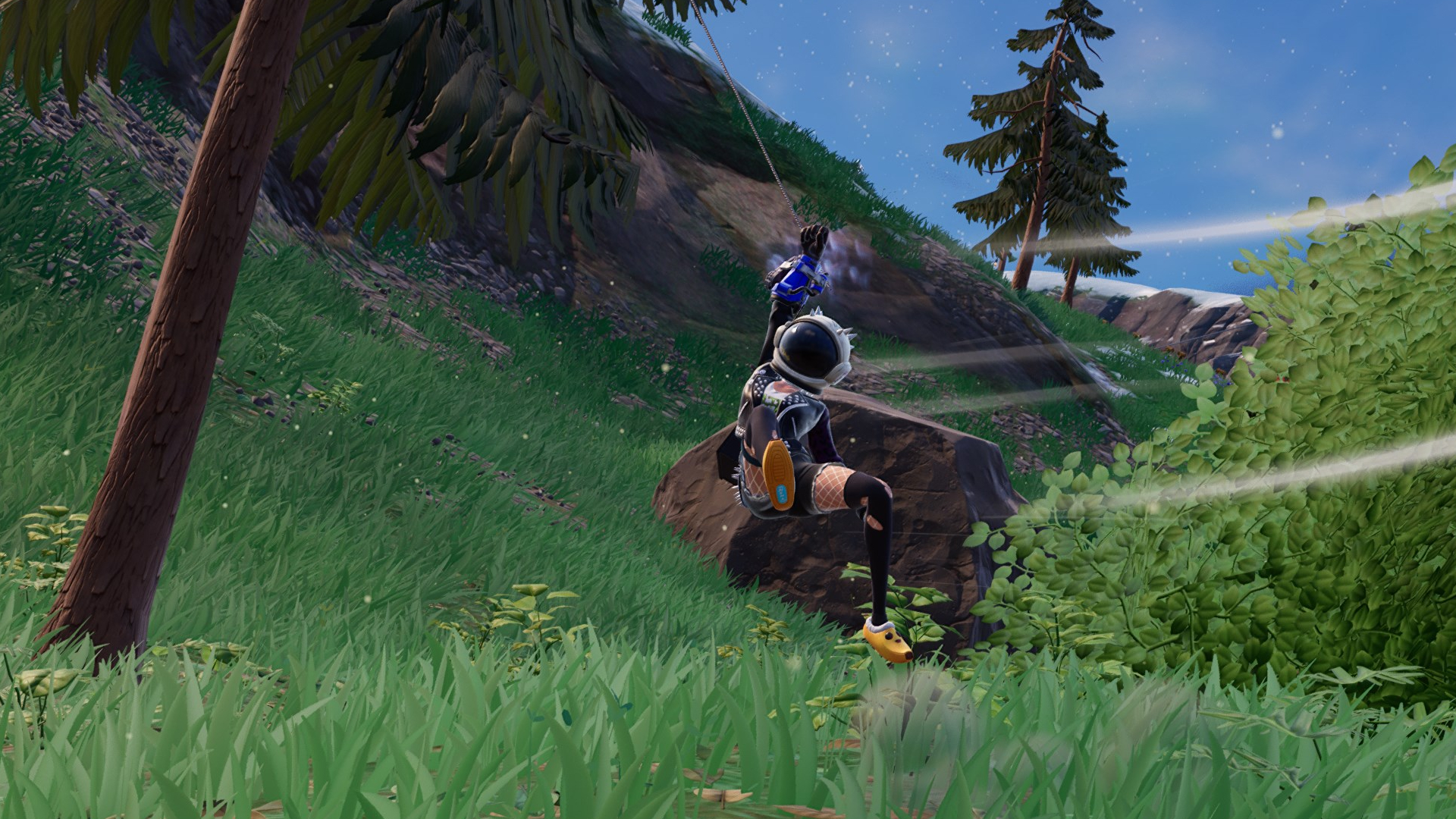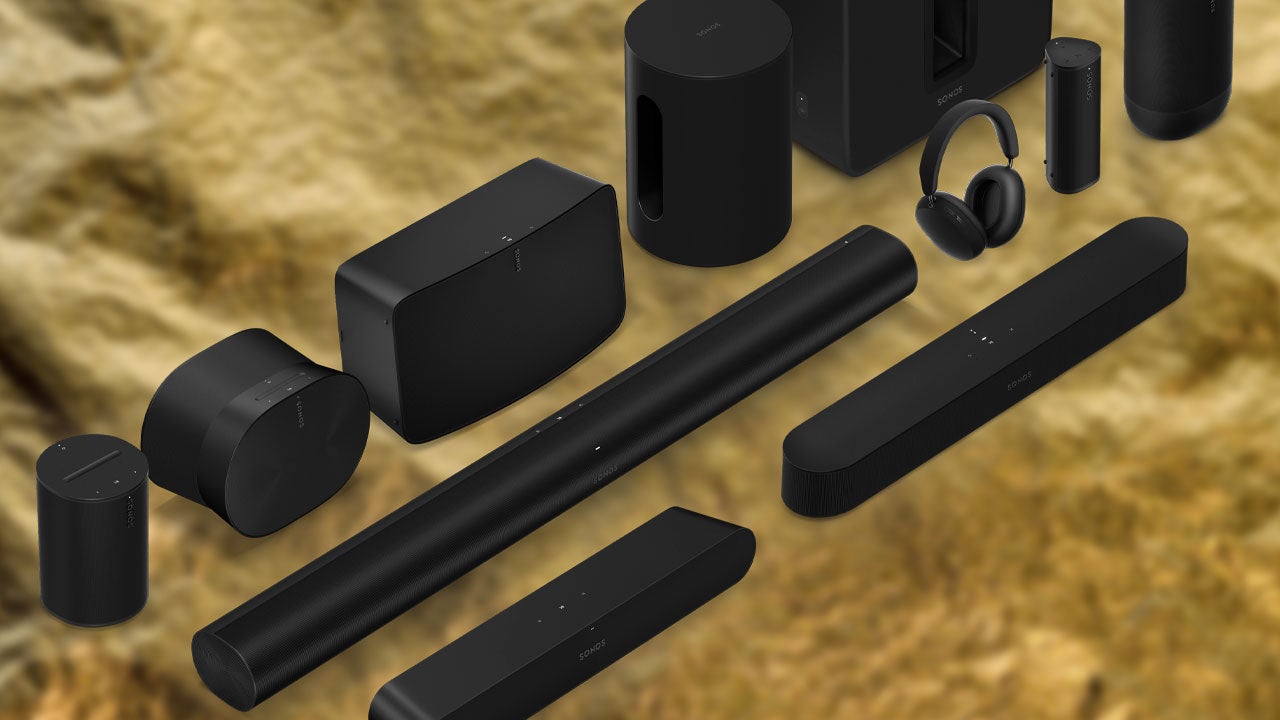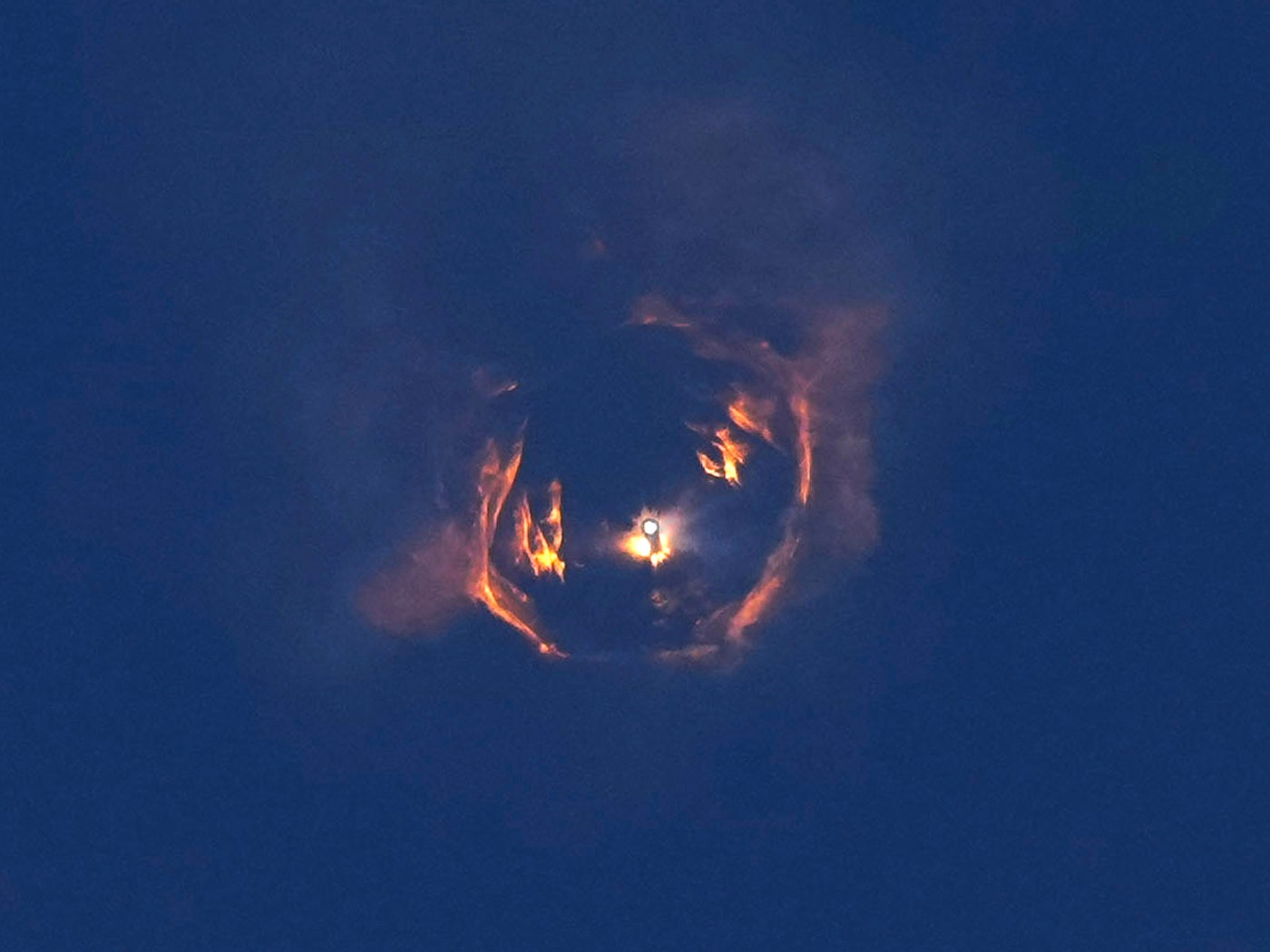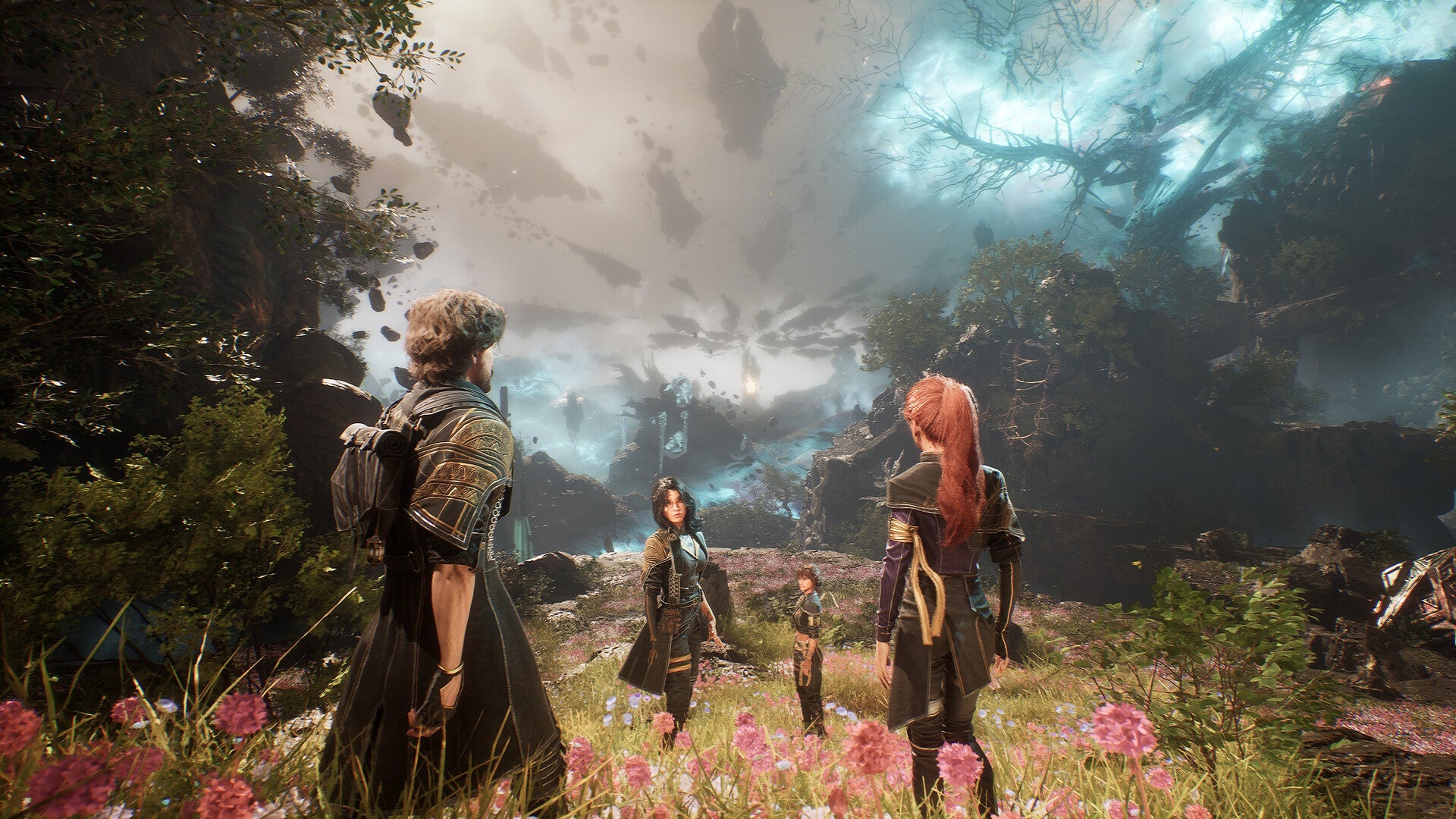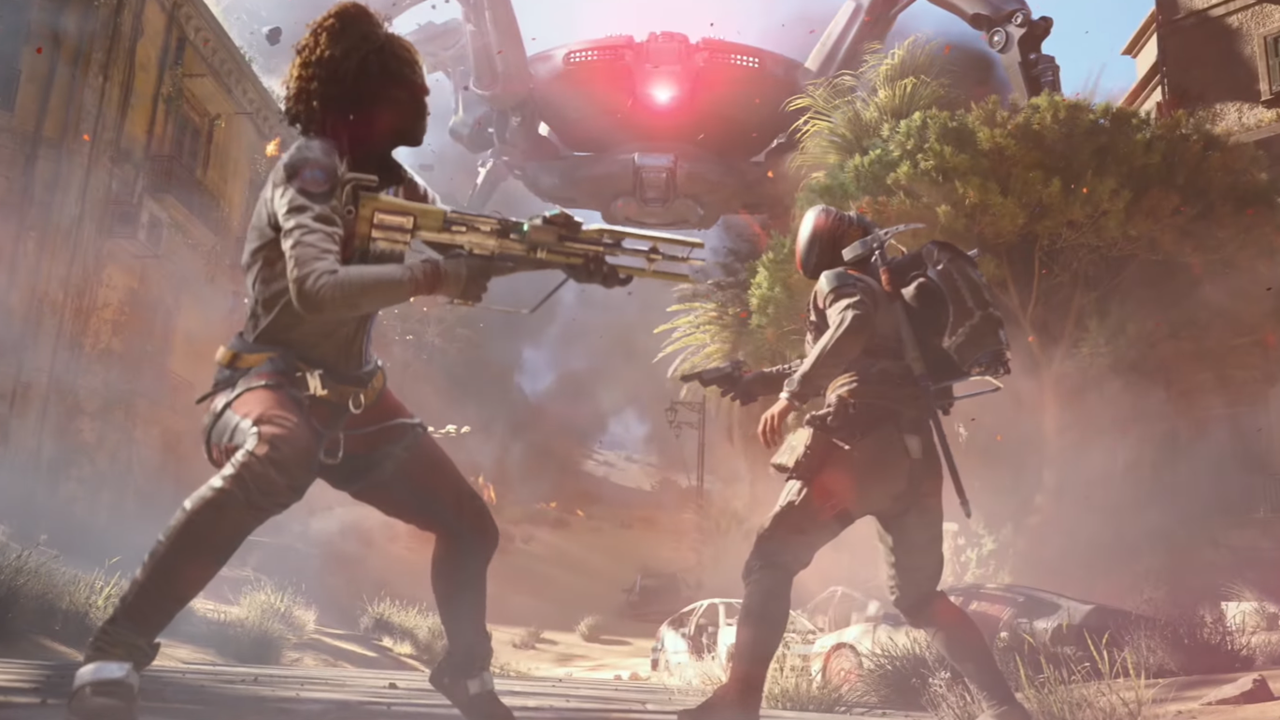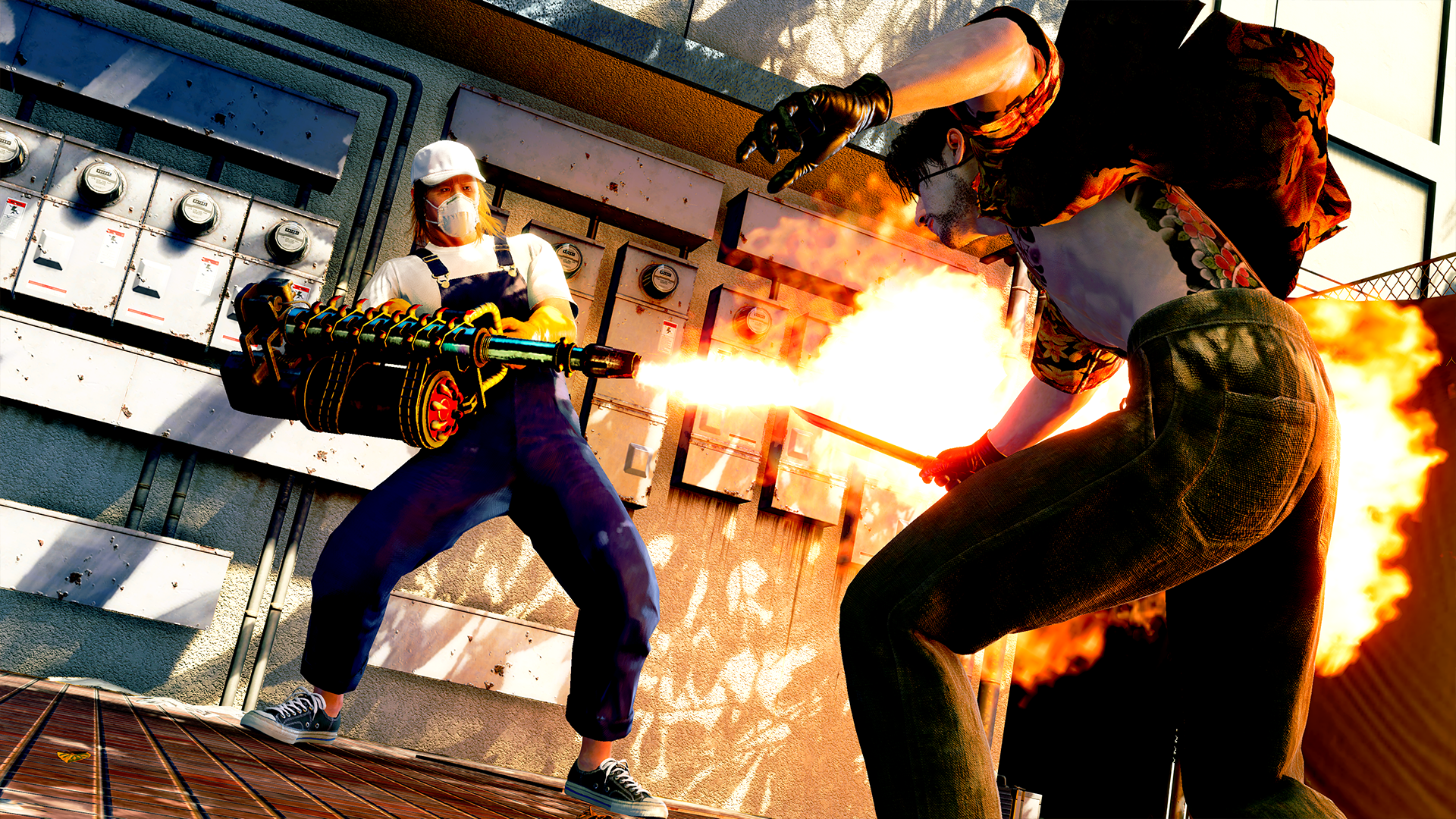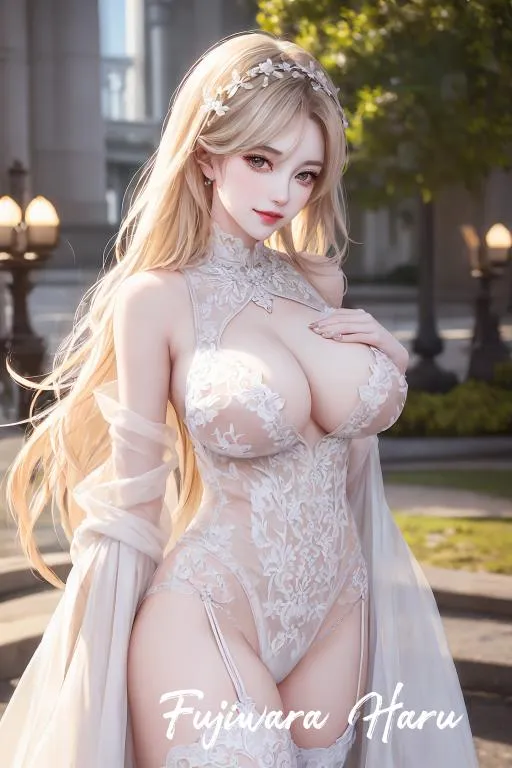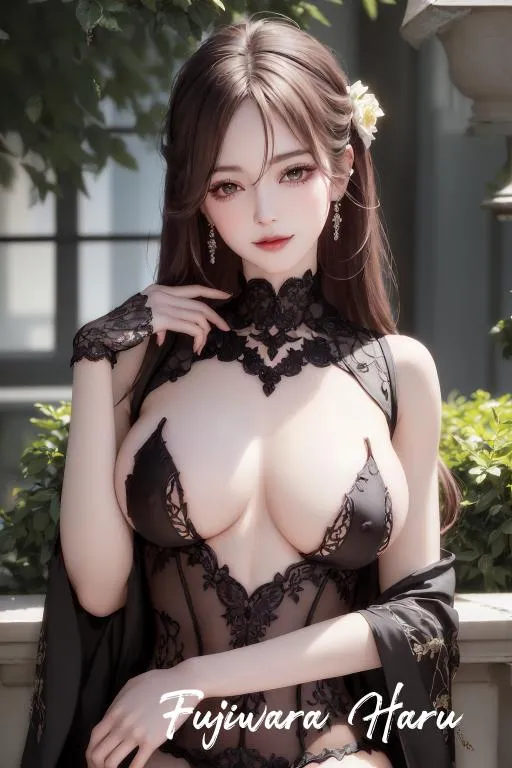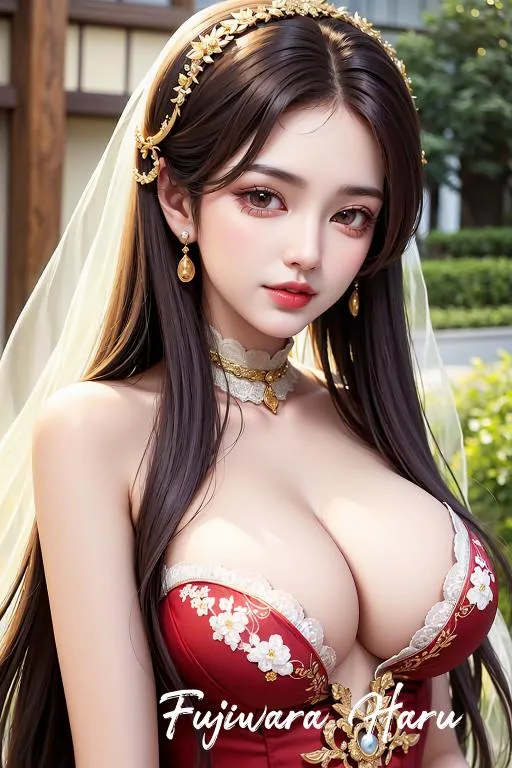
When Polygon chatted with writer Kieron Gillen recently, it was primarily to talk about his and artist Caspar Wijngaard’s The Power Fantasy, an ongoing original comic series in which the Atomic Age arrival of superpowered individuals around the globe altered modern history forever, inspired by the writer’s time with superhero comics from Young Avengers to Eternals to Immortal X-Men. But there was one other thing we wanted to ask him about: the elusive superhero-themed tabletop RPG.
Gillen’s history with games is arguably longer than his history with comics, with those twin interests wombo-comboing themselves into Die. Die was a dark fantasy comics series founded on the history and influences of the role-playing game genre, co-created with artist Stephanie Hans. It followed a group of 30-somethings who’d spent their teenage years trapped Narnia-style in their own RPG setting, and now found themselves trapped there again, confronting the messy unresolved choices of their teenage selves (and the vengeance of their teenage game master).
But it was also a tabletop role-playing game of the same name, authored by Gillen, in which players inhabited the role of all-grown-up, traumatized, post-Jumanji/Narnia teens, reuniting and getting sucked back into the game all over again. This is all to say: If there’s a group of people who know what ingredients make a good superhero RPG, Gillen is among them.
“It’s obviously tricky, for a bunch of reasons,” he said about making a superhero RPG. Noting that “this entire theory has been superseded, but it’s still a useful model,” he brought up the GNS theory of role-playing games, which divides game systems into three categories according to their design goals loosely defined as gameism, narrativism, and simulation. In games that prize simulationism, he said, “I’m simulating a world; I want things to operate realistically, however we define realism.” Gameist games prioritize opportunities for “mastery, player skill, yada yada yada.” And finally, games that prioritize narrativism: “Which is basically We’re telling a story here guys, this is a story!”
For Gillen’s own interests, earlier eras of superhero RPGs — while they had their gems — tended to be gameist or simulationist. And neither illustrated the genre in a way that he found satisfying.
“I mean, I remember I played […] GURPS, which is the big serious heavyweight, as a teenager. And GURPS is simulationist enough that one of the best things my super-strong character could do would be to take handfuls of pebbles and just throw them at people. […] That’s brutal.”
Gillen admitted that the superhero RPGs he’s found most satisfying are generally from the ’00s and forward, and are motivated by creating and telling a story. These games are “really looking at the genre and saying, OK, how can we create this structure at the tabletop?” he said. “If I was going to do a superhero RPG, that’s what I would do. […] In some ways you can imagine The Power Fantasy as one of these RPGs: It’s about the social drama of it.”
Here are three RPGs Gillen recommends that you can play right now — and one that you’ll have to look forward to.
Masks
The thing about Masks that gets it is that it’s specifically about one sort of superhero [story], which is just the teenage ones. It’s not interested in power. […] It understands how we do it in comics, which is basically: If I get punched, it isn’t about me taking damage, it’s about I’d be humiliated.
Masks tracks emotional states in lieu of hit points, and that leads to people having complete freakouts, and then you have bonding sessions to remove the traits and calm down. It’s a teenage drama game. […] I like Masks, I’ve read it, but I’ve never ran it, because it really is close to home. Like, it’s got character moves named after bits of Young Avengers.
The Spectaculars
It’s a world-building thing, at the start. You draw cards and you build a whole superhero universe together, and it looks really interesting. I was tempted to buy it just as a game [to play] by myself, you know what I mean?
That’s a different kind of mode. I dunno how it works when you get further.
Apocalypse Keys
Not core superheroes — it’s very much Hellboy as the core influence, but has a lot of X-Men in the DNA too — but really interesting stuff. Also, one of the supporting characters in [The Power Fantasy] — The Signal — first turned up when I played the game, and I liked he/she so much I wanted to use them again.
I wrote a scenario as a stretch goal for when it Kickstartered, so I have a connection that’s worth mentioning. But me writing it was me being excited by the game so much.
Ex-Capes
Source:https://www.polygon.com/tabletop-games/519258/best-superhero-rpgsThere’s one I’m really looking forward to called Ex-Capes. Ex-Capes is built off the Between engine. It’s in development, it’s an alpha, you can’t really get it. But what it’s working on is retired superheroes; it’s working Watchmen, basically.
It’s a detective game, with [characters] being dragged in. One of the things that The Between, which is the game it’s based off, does is it does character history and integrates it into the game. So you end up doing flashbacks to earlier in [a character’s] career, as stuff comes back. It’s basically structured beautifully.
